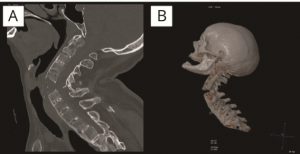A lung specialist who has held positions in Iran’s Ministry of Health and National Medical Council now has two retractions and five corrections of his published papers for re-using text.
In the case of the retractions, the re-used text was an entire paper.
Esmaeil Idani (who also spells his last name “Eidani”), now affiliated with Shahid Beheshti University of Medical Sciences in Tehran, is a middle author on two papers retracted for republication, and corrections to two of his papers acknowledge duplicated text with each other and a third paper.
According to an online CV, Idani has worked as “Deputy Secretary of the Medical Education and Training Council” for Iran’s Ministry of Health and Medical Education, and from 2013-2017 was chairman of the Supreme Medical Council of Iran. He has not responded to our request for comment.
Continue reading Former Iranian government official up to two retractions, five corrections







